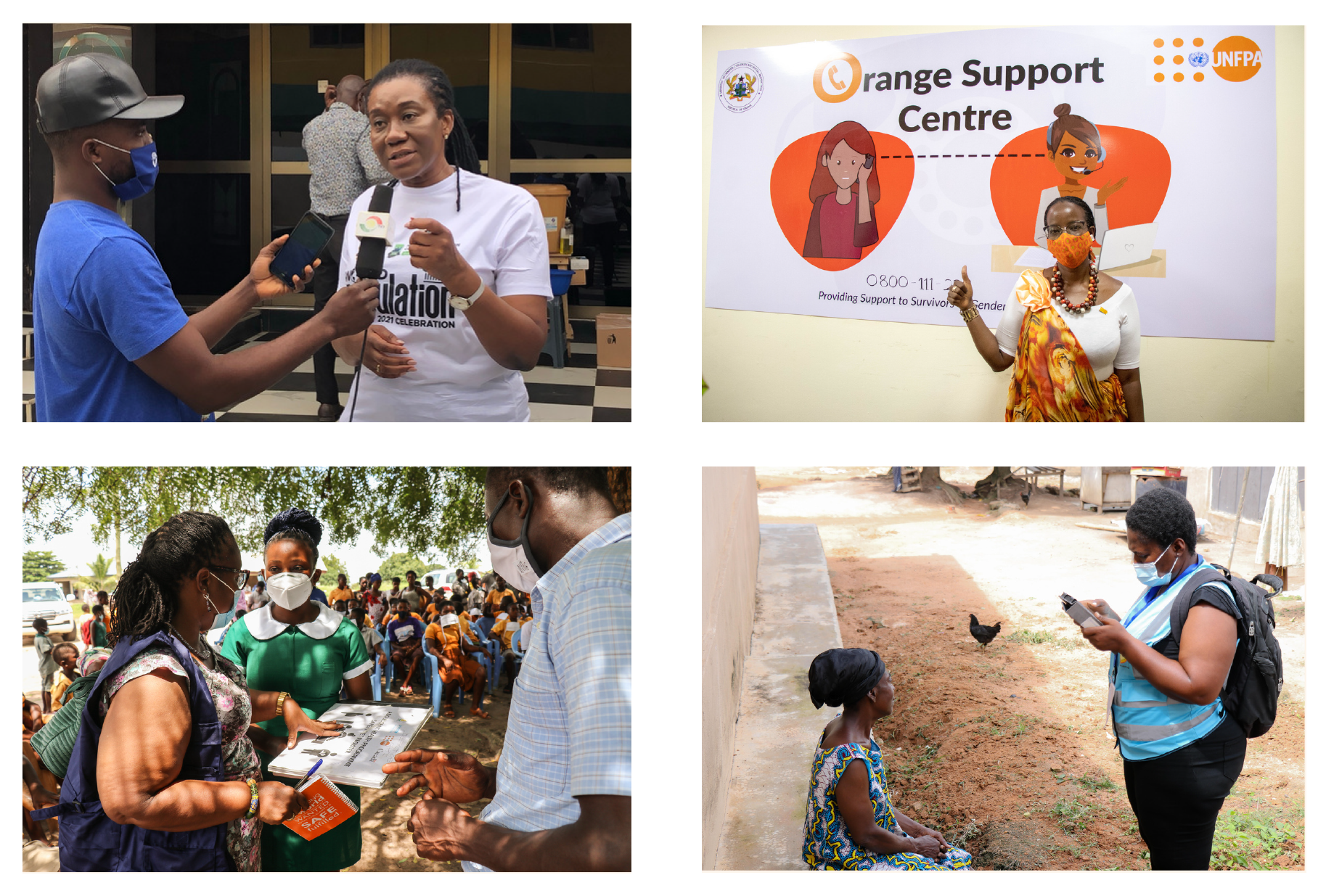The COVID-19 pandemic set in at the tail end of 2019 and spiked the following year in 2020; bringing with it many reasons for countries and organizations around the world to adapt social systems to contain and be resilient to the adverse effects of the public health scourge.
In Ghana, the UNFPA Country Office continued to prioritize the interests of women and girls, as well as young people through the provision of critical information and services in the areas of maternal health, family planning, support for victims of Sexual & Gender-Based Violence and Harmful Practices, among others. The COVID-19 pandemic taught us the need to work more innovatively by using digital technology to reach more of our partners, stakeholders and most importantly, beneficiaries of our interventions.
Mr. Barnabas Yisa
Country Representative



